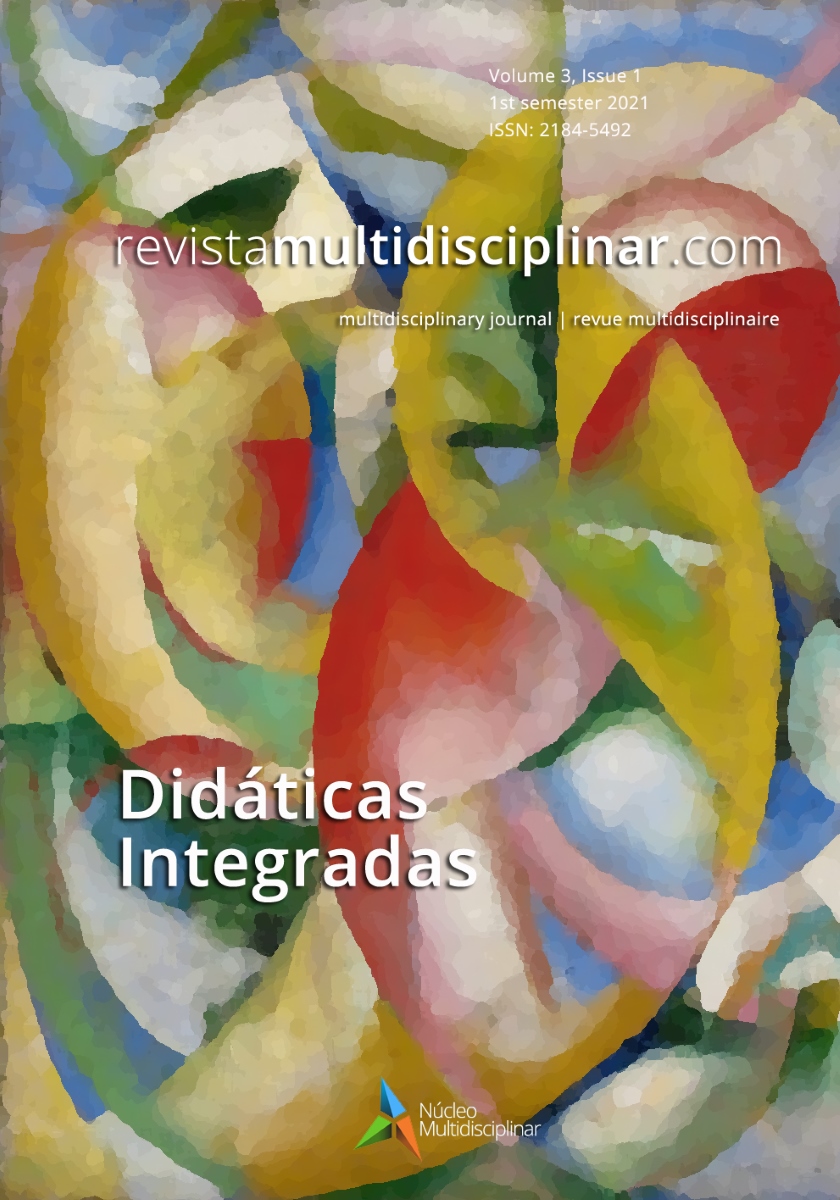How does a teacher's knowledge of APOE theory impact his or her specialized knowledge?
DOI:
https://doi.org/10.23882/DI2159Keywords:
Specialized Knowledge, MTSK, Math Teachers, APOS TheoryAbstract
This article explores the influence of knowledge of formal learning theories on the rest of the math teacher's specialized knowledge. To this end, the MTSK model was chosen to explore specialized knowledge and APOS theory as a formal learning theory. The work was carried out with two top mid-level Mexican professors who had completed master's degrees and in whose final work they used the APOS theory. We analyzed his final work in the part related to the design of teaching sequences. In the results we present how the design of the activities of the informants shows evidence of the Pedagogical Content Knowledge, as there is a mobilization of knowledge corresponding to the different subdomains and categories framed in that domain.
References
Arnon, I., Cottril, J., Dubinsky, E., Oktaç, A., Fuentes, S. R., Trigueros, M., & Weller, K. (2014). APOS theory: A framework for research and curriculum development in mathematics education. Springer Science & Business Media.
Carrillo-Yañez, J., Climent, N., Montes, M., Contreras, L. C., Flores-Medrano, E., Escudero-Ávila, D., Vasco, D., Rojas, N., Flores, P., Aguilar-González, Á., Ribeiro, M., & Muñoz-Catalán, M. C. (2018). The mathematics teacher’s specialised knowledge (MTSK) model. Research in Mathematics Education, 20(3), 236–253. https://doi.org/10.1080/14794802.2018.1479981
Escudero-Ávila, D., Gomes, J., Muñoz-Catalán, M. C., Flores-Medrano, E., Flores, P., Rojas, N., & Aguilar, A. (2016). Aportaciones metodológicas de investigaciones con MTSK. In J. Carrillo, L.C. Contreras y M., Montes (Eds.). Reflexionando sobre el conocimiento del profesor. Actas de las II Jornadas del Seminario de Investigación de Didáctica de la Matemática de la Universidad de Huelva (pp. 60–68). Universidad de Huelva Publicaciones.
Flores-Medrano, E., Escudero-Ávila, D., Montes, M., Aguilar, Á., & Carrillo, J. (2014). Nuestra modelación del conocimiento especializado del profesor de matemáticas, el MTSK. In J. Carrillo, N. Climent, L.C. Contreras, M.A. Montes, D. Escudero y E. Flores (Eds.), Un marco teórico para el Conocimiento especializado del Profesor de Matemáticas (pp. 71–93). Universidad de Huelva. https://doi.org/10.13140/2.1.3107.4246
Rosales, B. (2018). Instrumento para explorar la caracterización que hace el profesor de matemáticas del aprendizaje basado en proyectos (Tesis de maestría inédita). Puebla, México: BUAP.
Sosa, L., Contreras, L. C., Gómez-Chacon, I. M., Flores-Medrano, E., & Montes, M. A. (2017). Sintesis, problemas abiertos, preguntas para la reflexión. In J. Carrillo & L. C. Contreras-Gónzalez (Eds.), Avances, utilidades y retos del modelo MTSK. Actas de las III Jornadas del Seminario de Investigación de Didáctica de la Matemática de la Universidad de Huelva (pp. 71–79). Universidad de Huelva Publicaciones.
Stake, R. (1995). The Art of case study. USA: SAGE.
Villabona, D. P., & Roa, S. (2016). Procesos iterativos infinitos y objetos trascendentes: un modelo de construcción del infinito matemático desde la teoría APOE. Educación matemática, 28(2), 119-150. https://doi.org/10.24844/EM2802.05
Downloads
Published
How to Cite
Issue
Section
License
Copyright (c) 2021 José Antonio Sánchez-García, Eric Flores-Medrano, Lidia Aurora Hernández Rebollar, Estela Juárez-Ruiz

This work is licensed under a Creative Commons Attribution-NonCommercial 4.0 International License.









